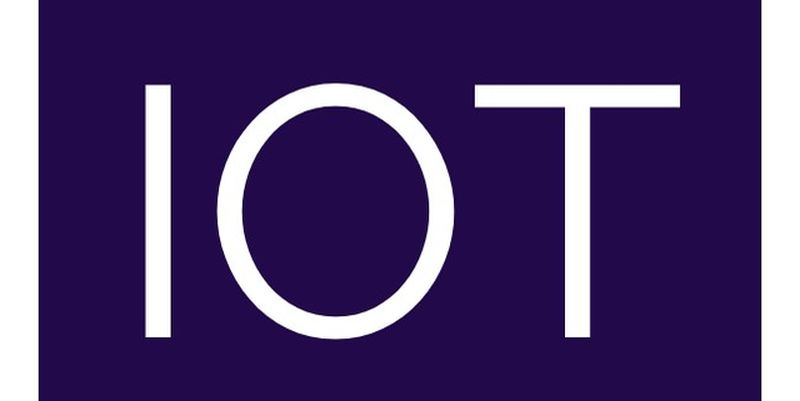The Internet of Things (IoT): Revolutionizing the Future of Connectivity
Connectivity
The Internet of Things (IoT) represents a paradigm shift in how we interact with technology and the world around us. By connecting everyday objects to the internet, IoT enables these devices to collect, share, and analyze data, leading to smarter decisions and more efficient processes. This blog post explores the concept of IoT, its applications, benefits, challenges, and the transformative impact it is having across various industries.
Understanding IoT
IoT: The Internet of Things (IoT) refers to a network of physical objects—devices, vehicles, appliances, and more—embedded with sensors, software, and other technologies that enable them to connect and exchange data over the internet. This connectivity allows objects to be monitored, controlled, and optimized remotely.
Applications
-Smart Homes
Home Automation: IoT devices like smart thermostats, lights, and security systems enable homeowners to automate and control various aspects of their home environment through smartphones or voice assistants.
Energy Management: Smart meters and energy-efficient appliances help monitor and reduce energy consumption, leading to cost savings and environmental benefits.
–Healthcare
Remote Monitoring: Wearable devices and IoT-enabled medical equipment can monitor patients’ vital signs in real time, allowing for continuous health tracking and timely medical intervention.
Telehealth: IoT facilitates remote consultations and diagnoses, making healthcare more accessible, especially in remote or underserved areas.
–Agriculture
Precision Farming: IoT sensors in agriculture can monitor soil conditions, weather, and crop health, enabling farmers to optimize irrigation, fertilization, and pest control for increased yields.
Livestock Monitoring: IoT devices can track the health and location of livestock, improving animal welfare and farm management.
–Industrial IoT (IIoT)
Predictive Maintenance: IoT sensors on machinery can predict equipment failures before they occur, reducing downtime and maintenance costs.
Supply Chain Optimization: IoT enables real-time tracking of goods, improving inventory management and reducing inefficiencies in the supply chain.
–Smart Cities
Traffic Management: IoT technology can optimize traffic flow and reduce congestion through real-time monitoring and smart traffic signals.
Public Safety: IoT-enabled surveillance systems and emergency response tools enhance public safety and security.
–Retail
Inventory Management: IoT devices can track inventory levels in real time, reducing stockouts and overstock situations.
Personalized Shopping: IoT technology enables personalized shopping experiences through data analysis and customer behavior tracking.

Benefits
Increased Efficiency: IoT systems streamline processes and reduce waste, leading to increased efficiency in various sectors, from manufacturing to energy management.
Improved Decision-Making: Real-time data collection and analysis provide valuable insights that inform better decision-making and strategic planning.
Enhanced Customer Experience: IoT enables personalized services and products, improving customer satisfaction and engagement.
Cost Savings: By optimizing resource usage and reducing operational costs, IoT can lead to significant financial savings for businesses and consumers.
Health and Safety: IoT devices can monitor and improve health outcomes, enhance public safety, and ensure a safer working environment.
Challenges
Security Concerns: The increased connectivity of devices poses significant cybersecurity risks, including data breaches, hacking, and unauthorized access.
Privacy Issues: The vast amount of data collected by IoT devices raises concerns about user privacy and data protection.
Interoperability: Ensuring that different IoT devices and systems can communicate and work together seamlessly is a major challenge.
Data Management: The sheer volume of data generated by IoT devices requires efficient data storage, processing, and analysis capabilities.
Standardization: The lack of universal standards for IoT technology can hinder adoption and integration across different platforms and industries.
5G Connectivity: The rollout of 5G networks will significantly enhance IoT capabilities, providing faster and more reliable connections for a vast number of devices.
AI Integration: The integration of AI with IoT (AIoT) will enable more advanced data analysis, predictive analytics, and autonomous decision-making, further enhancing the value of IoT systems.
Edge Computing: Edge computing will allow data processing closer to the source of data generation, reducing latency and improving real-time decision-making.
Sustainable IoT: IoT technology will play a crucial role in addressing environmental challenges by enabling smarter resource management and reducing energy consumption.
Healthcare Advancements: IoT will continue to revolutionize healthcare with more sophisticated remote monitoring, telehealth services, and personalized medicine.
The Internet of Things is transforming the way we live, work, and interact with our environment. Its applications span across various sectors, bringing about significant benefits in efficiency, decision-making, customer experience, cost savings, and health and safety. However, challenges such as security, privacy, interoperability, data management, and standardization must be addressed to fully realize the potential of IoT. As technology continues to evolve, the future of IoT promises even greater advancements, driving innovation and improving quality of life on a global scale.
If you want to hear more about the future of IOT follow our other post

One thought on “Internet of Things (IoT)”